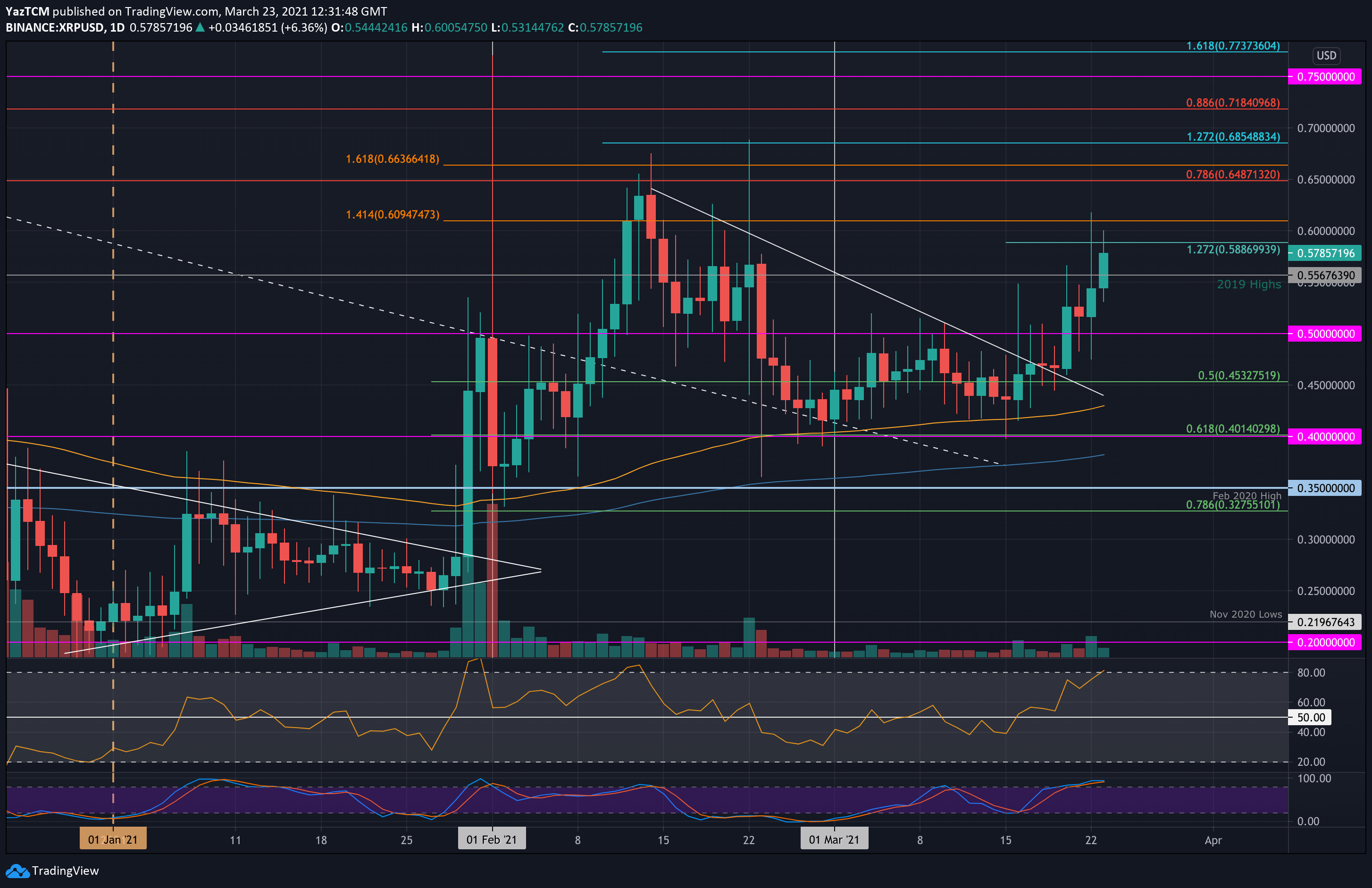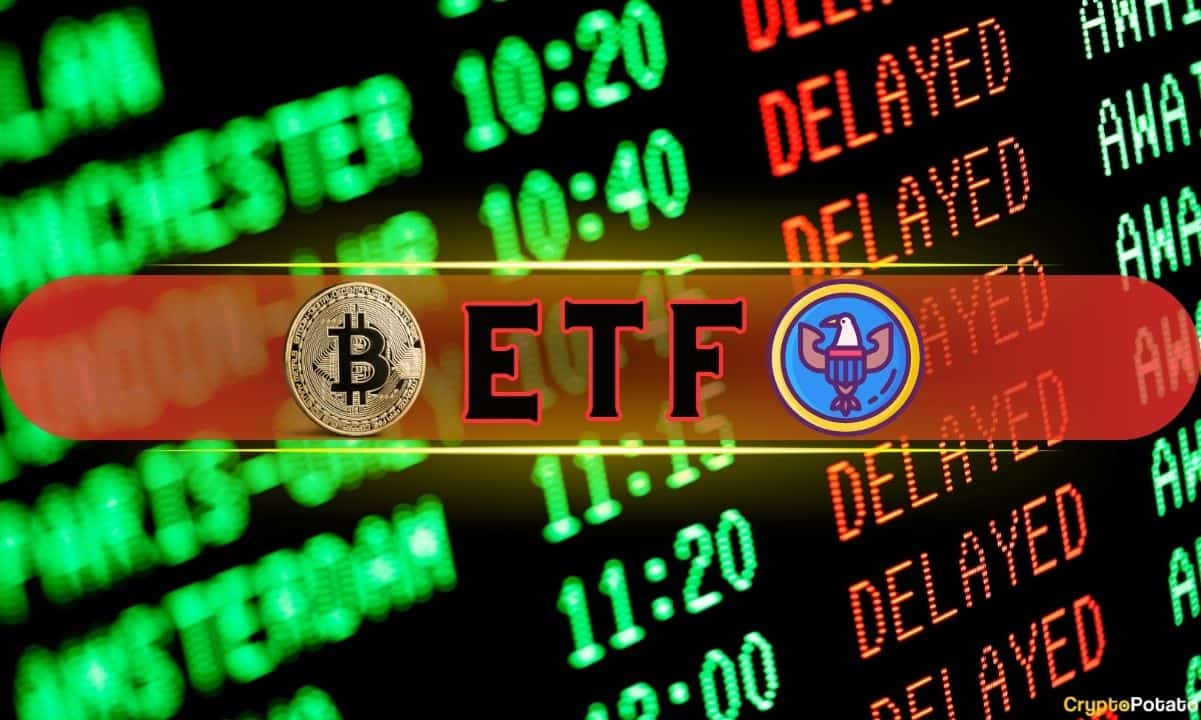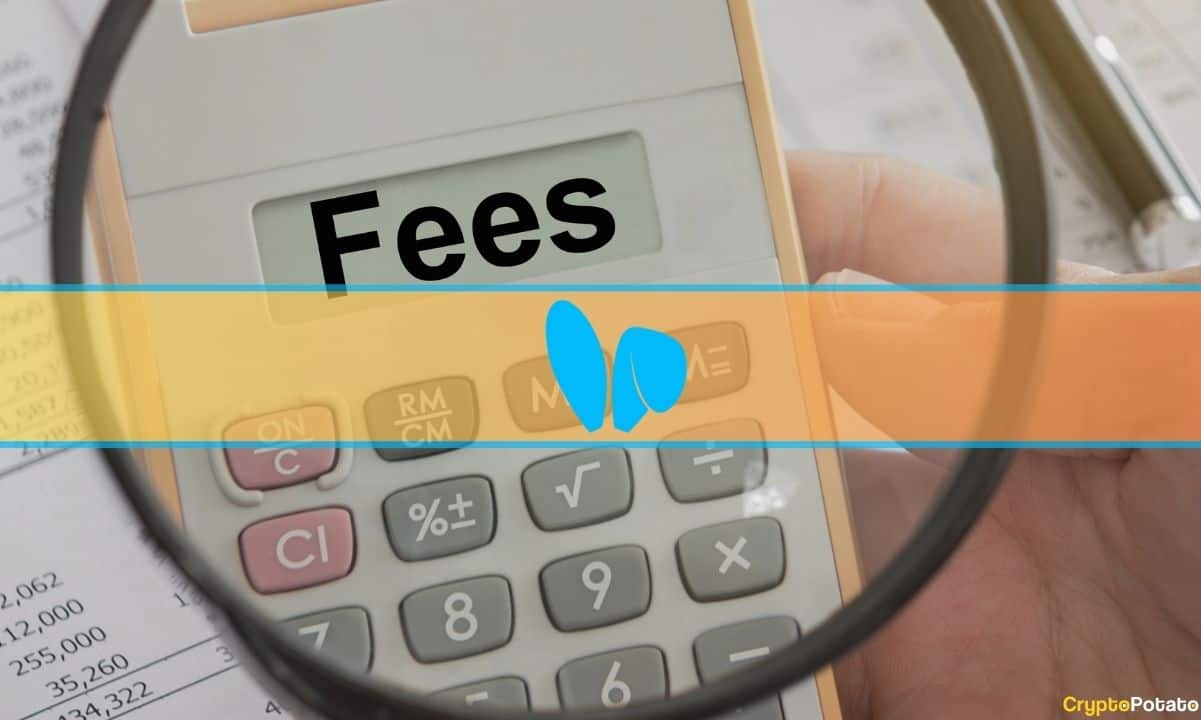Opera Unveils Web 3 Focused Crypto Browser Project
Opera, the Norwegian multinational technology company behind the popular namesake internet browser, has announced the beta version of its all-new – “Crypto Browser Project.”
Opera’s Crypto Browser Project
The blog post revealed that the new initiative has built-in Web 3 features, with the end goal – to accelerate the evolution of the next generation of the Web. Opera’s Crypto Browser Project aims to provide additional functionality than the traditional browser and is intended to work with different types of decentralized apps (dApps).
The product provides access to the latest blockchain news, upcoming airdrops, events calendar, NFTs, crypto communities, educational content, podcasts, and videos. Additionally, users can also check crypto prices, gas fees, as well as general market sentiment.
Opera also said they could access crypto and sign in to dApps directly from the browser with the help of the new native non-custodial crypto wallet. There is no need to install any extensions, native ad-blocker and tracker blocker, or log browser VPN. Crypto Browser Project boasts a secure clipboard that enables users to copy and paste safely.
Opera’s Endeavours In Crypto, Web 3, Blockchain Tech
Opera introduced the world’s first browser with a built-in Crypto Wallet back in 2018. Since then, it has integrated several blockchains, such as Bitcoin, Ethereum, Celo, and Nervos.
The platform also entered into partnerships with Handshake, NEAR, Polygon, and Solana blockchains. It has stressed that the goal is not to focus on just one blockchain or token. Rather, Opera seeks to integrate multiple blockchains and decentralized domain naming systems into its crypto browsers, thereby enabling users to decide which one to use.
Moving forward, the browser will add more features such as Layer 2 support for growing networks. Citing environmental concerns and higher transaction costs, Opera underscored the importance of Layer 2 solutions as the industry transitions from Proof-of-work (PoW) to Proof-of-Stake (PoS) networks.
As part of its efforts to boost Layer 2 adoption, Opera announced integration with Polygon and let users transact with MATIC. The deal also enabled customers to access dApps such as Sushiswap, Aave, Balancer, among others, in addition to blockchain-powered NFT platforms such as Decentraland, OpenSea, etc.








